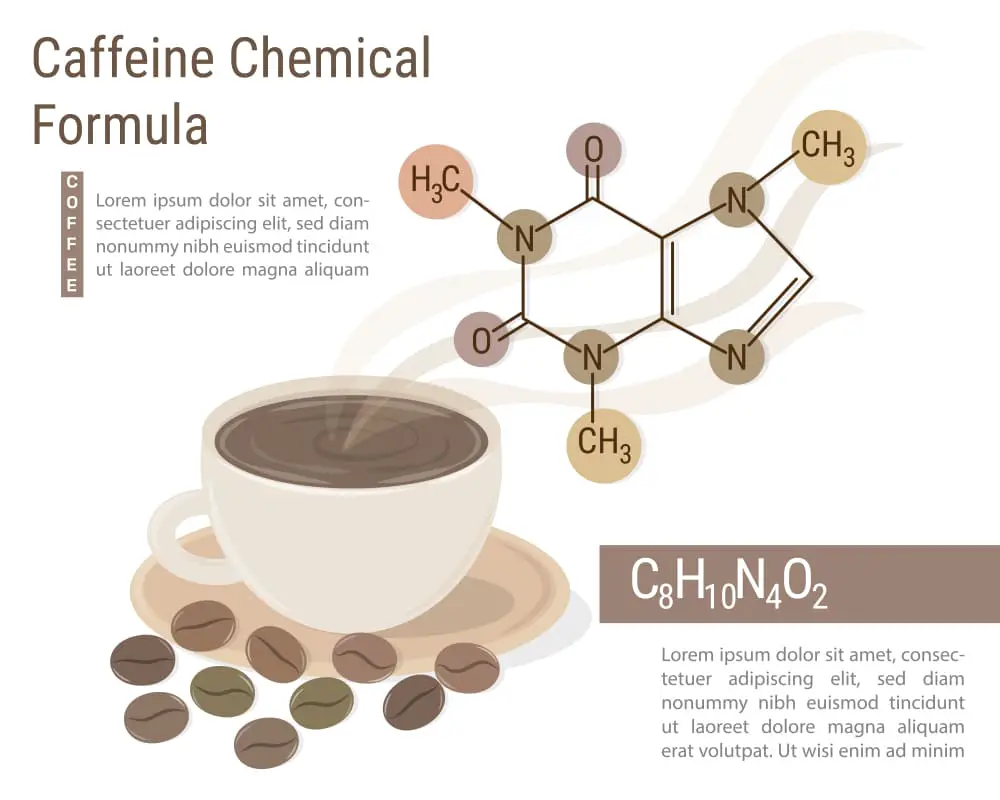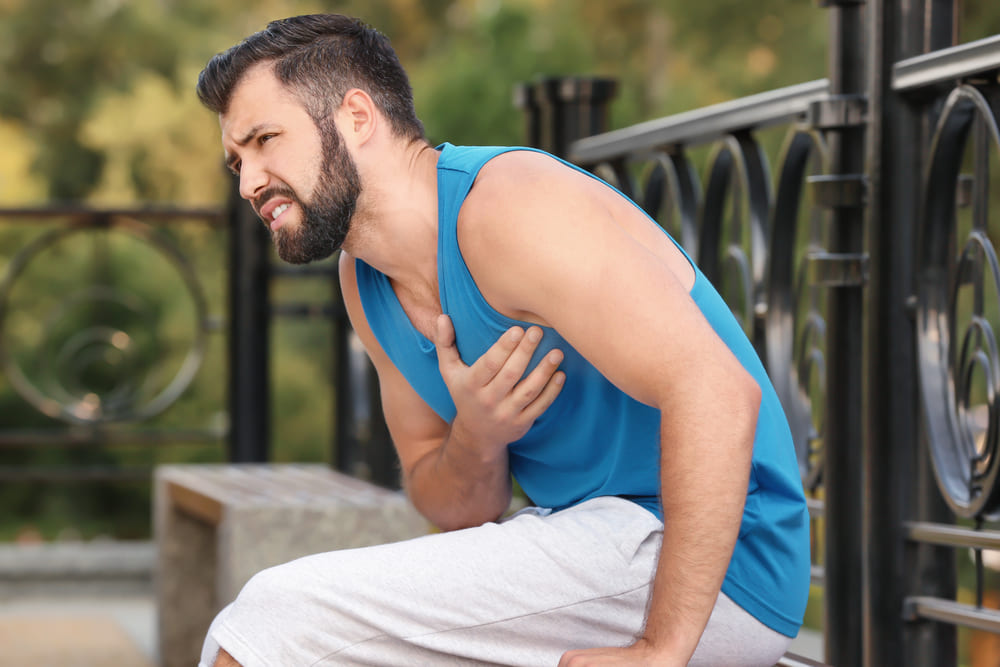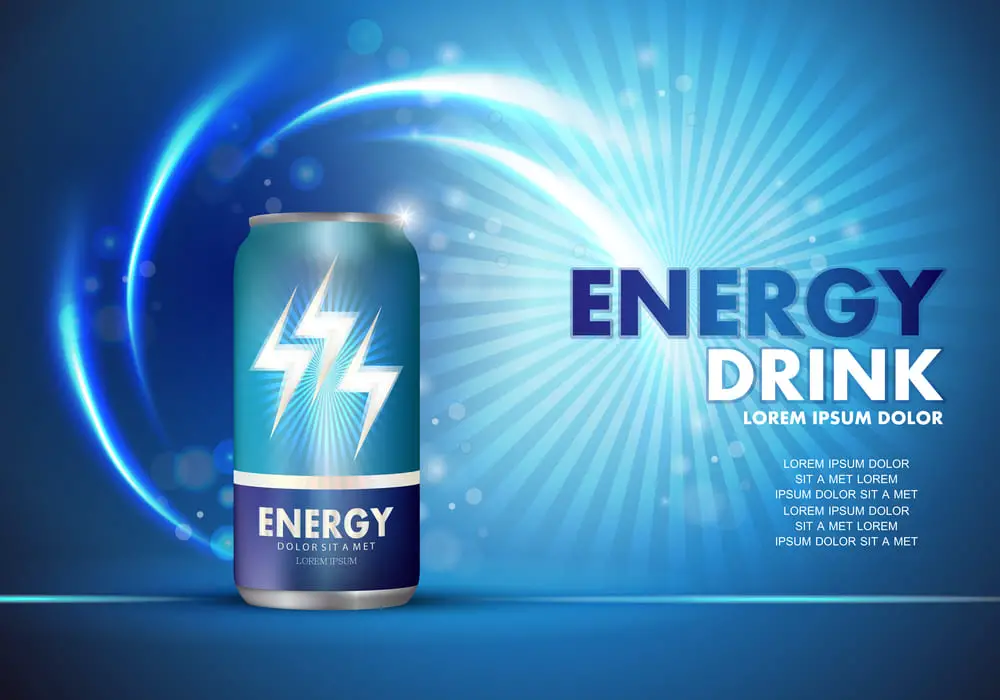Many people share that they often feel heart palpitations and chest pain after drinking caffeine as coffee. They think that coffee is the cause of heart disease, however, science has previously disproved that. So where do these aches and pains come from?
What is caffeine?
Caffeine is a natural stimulant found naturally in tea, coffee, and cocoa plants. Caffeine is a drink that many people use as a tool to help them become more alert, however, there is a lot of controversy about whether daily caffeine consumption is good or bad for health.

People often use caffeine in coffee, tea, soda, and chocolate. The amount of caffeine in food and drink is not the same. For coffee and tea, the amount of caffeine per cup depends on the brand, and type of coffee bean or tea leaf used. Caffeine drinks are growing in popularity, especially among young people.
Why does my chest hurt when I have caffeine?
There are many possible reasons for breast pain after caffeine intake.
First, perhaps you haven’t used caffeine in a long time and suddenly started using it again. Your body is used to not receiving caffeine when used again will cause some irritation such as pain, and burning in the chest, and this is a common expression in the body when receiving foreign substances.

Second, maybe you use too much caffeine at once while your body is weakened or sleep deprived, or even due to hunger. When you’re hungry, your blood vessels constrict, which in turn makes it difficult for your heart to circulate blood to your body, resulting in a feeling of heat and tightness in your chest.
Can coffee cause heart disease?
The answer is no. Coffee is not the cause of heart disease, it is even very good for your cardiovascular system because it contains magnesium and potassium, which help train the cardiovascular system. However, besides that, the caffeine contained in coffee can cause you to have high blood pressure. So it can be said that coffee does not cause heart disease, it is just a catalyst that causes heart disease to develop.
If you suffer from heart palpitations, coffee is definitely a drink that you should not drink. However, a cup of coffee is perfect and helps improve health for people with bradycardia.
Can drinking energy drinks cause chest pain?
Energy drinks are drinks that contain ingredients that can give you a short-term boost in energy levels and brain performance. Almost all energy drinks contain caffeine, which can stimulate brain function as well as increase alertness and focus.
Energy drinks can improve brain function and keep you awake when you’re tired but can also contribute to cardiovascular problems. Many studies indicate that the consumption of energy drinks can increase blood pressure, increase heart rate and decrease blood vessel function.

Cardiovascular problems are associated with too much caffeine, so you need to consider carefully before using energy drinks if you have a history of heart disease. However, low frequency and low consumption of energy drinks are likely to have no effect on the heart in healthy adults with no history of the condition.
How do you get rid of caffeine chest pain?
It is possible to experience unwanted symptoms after using caffeine such as insomnia, and chest pain. So, the best method to deal with and overcome this situation is to limit your use or completely cut down on your caffeine intake. Once caffeine is absorbed into the body, it will not stay in your body forever but will be eliminated, which can ensure that stopping caffeine consumption will help relieve symptoms. above.
However, for many people, regular caffeine use causes addiction, and stopping them is extremely difficult. For these subjects, we should use some measures to help gradually wean off caffeine addiction.
The first and simplest measure is to reduce the amount of drinking water that contains caffeine. Use flavored drinks that you like, but have less caffeine. Or you might consider changing from your morning coffee to tea. Herbal teas, especially green teas are really good for your health.
One way to help get rid of coffee addiction is by doing exercise. Exercise opens up the flow of endorphins, which help limit the headaches that a person often gets if addicted to caffeine. You can’t go for a run every time you crave coffee, but regular exercise will reduce your coffee and caffeine cravings.
Conclusion
The use of caffeine is not the cause of cardiovascular problems, however, it is a food that should be avoided for people with heart disease. Chest pain when consuming too much caffeine can also be due to the dose you use. So, let’s use reasonable and appropriate doses of foods containing caffeine to minimize the negative effects that our body has to receive.